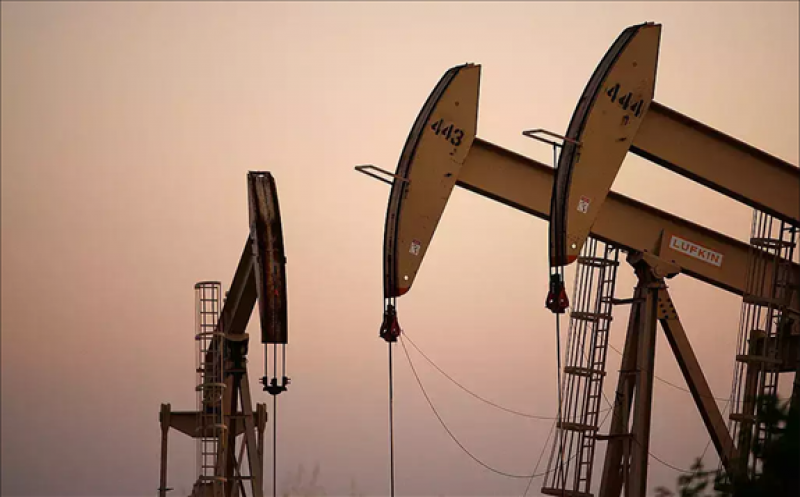Oil prices fell for the second straight day on Wednesday as doubts re-emerged over demand, with COVID-19 cases continuing to rise worldwide and gasoline shortages in some regions.

Brent crude was down $1.03 or 1.3% at $78.06 a barrel by 0130 GMT, having fallen nearly $2 on Tuesday after touching $80.75, its highest in nearly three years.
U.S. oil fell $1.02 or 1.4% to $74.27 a barrel, having dropped 0.2% in the previous session.
Oil prices have been charging higher as economies recover from pandemic lockdowns and fuel demand picks up, while some producing countries have seen supply disruptions.
Traders expect Organization of the Petroleum Exporting Countries (OPEC) and allies, usually known as OPEC+, will decide to keep supplies tight when they meet next week.
"While the supply backdrop has not changed much, oil prices hitting USD80/bbl would see pressure building for OPEC+ nations to increase their production quota," ANZ Research said in a note.
Oil demand is expected to rise strongly in the next few years, OPEC forecast on Tuesday, sounding a warning that the world needs to keep investing in production to avert a crunch even as it transitions to less polluting forms of energy.
China's weakening housing market and growing power outages have hit sentiment as any fallout for the world's second-biggest economy would likely have a knock-on effect on oil demand, analysts said.
China is the world's top oil importer and second-biggest consumer of the fossil fuel after the United States.
U.S. crude oil, gasoline and distillate inventories rose last week, according to market sources, citing American Petroleum Institute figures on Tuesday.
Crude stocks rose by 4.1 million barrels for the week ended Sept. 24. Gasoline inventories rose by 3.6 million barrels and distillate stocks rose by 2.5 million barrels, the data showed, according to the sources, who spoke on condition of anonymity.